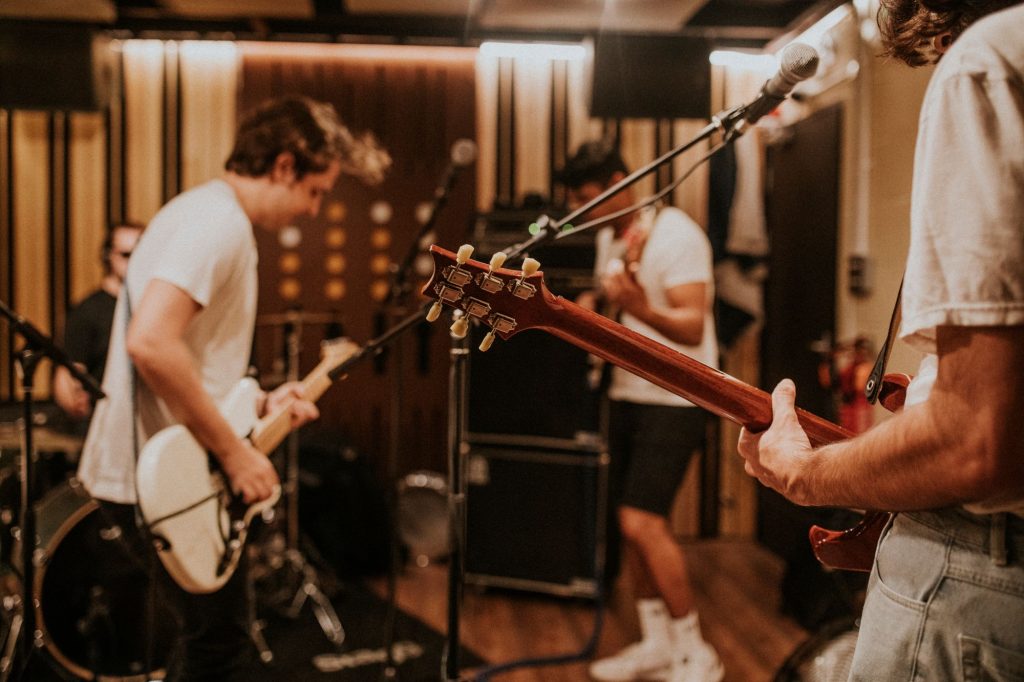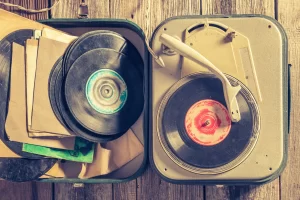If you are a budding musician, you need to know the different ways to present music to the listeners. For that, knowing the differences between a single, an EP, and an Album is necessary.
An album is a collection of six or more songs or music. It is also termed an “LP,” which stands for “Long Play”.
Generally, the purpose of releasing a single track in advance is to promote an upcoming complete album. The term “EP” stands for “Extended Play”.
Time to take a closer look at these terms.
What is a Single?
A single song released through platforms like YouTube, Spotify, or Apple Music can determine the success of the next album of an artist. In reality, today’s audience prefers listening to single tracks before deciding to shift their attention to an entire album.
Releasing a single track is a common policy among the top artists. A single track can get the fans excited and generate the right amount of buzz in the media.
For new artists, a single can serve as an introduction to the fans and the music industry as well. Once you have established a foothold through a single, you can start growing from there.
A single also saves you from gathering a large budget needed to produce an entire album. Since you do not know how the market will respond, releasing a single is less risky than working on an album or an EP.
Besides, musicians who have been taking a break from the industry also find a single the perfect way to make a comeback.
That said, if you want to make an impact on the music industry, producing an album is a must. Unlike singles, albums and EPs prove to the world that you are serious about your music and fan base.
What is an EP?
An EP or Extended Play is also called a mini-album. Generally, it is half as long as a full album. An EP could have anywhere from 3 to 6 tracks and the content length is usually between 15 to 30 minutes.
It shouldn’t exceed 30 minutes in length typically. The focus of the EP is not on the length but on the other purposes of the release.
RCA Victor released the first EP record in 1952 in vinyl record format. It contained 7.5 minutes of audio on both sides. Throughout the age of cassettes and CDs, the EP record still held on to its popularity.
The main reasons for modern artists to prefer an EP are multiple. This allows artists to release songs for the fans while keeping the budget limited. At the same time, it provides a wider view of the artist’s style and vision than a single. This makes it a better choice for marketing purposes.
Here are some other reasons that make artists choose EP records.
● To keep the existing fans engaged even if the artist does not have any top-quality new material to share. EPs can be shared with the fans at a lower budget till the release of the next big album.
● Artists often use EPs to fulfill a deal with a record label that is not working out in reality. Instead of new tracks, it can be acoustic versions or a collection of “Best of” tracks.
● Many artists also use an EP to introduce the fans to the concept of their next big release.
● Some great tracks may not fit the theme of the next album. Instead of wasting such tracks, they can be released in the EP format.
What is an Album?
Generally, an album consists of six or more tracks and runs for 30 minutes or more. That means creating an album takes more effort, money, and serious artistic creativity.
In this era of instant gratification, the relevance of producing a time-consuming and expensive album is questioned by some musicians. However, if you are looking to generate more mileage in the music world, an album does a better job than singles.
With an album, the fans get more choices and a higher volume of content to engage with. Moreover, if you want to submit your music for reviews or for playing on the radio, the album is the best bet.
While singles have brought instant fame to some artists, such instances are rare. An album is the best way to display your talent and compositional creativity. And if you want to book shows and connect with corporate partners, an album works better.
The fact is, without a full-length album under your belt, you won’t be considered a serious artist.
Conclusion
Now that you fully understand what an EP and album mean, it’s time to decide the best next step to build your career in the world of music.
All three types are still relevant, and artists continue to test the waters and push the boundaries of the various formats.
The choice is yours.



